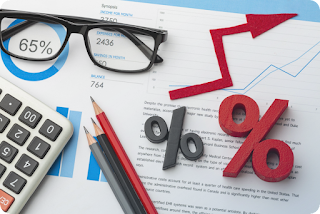Complete Guide on VAT Flat Rate Scheme in the UK
Introduction to the VAT Flat Rate Scheme
The VAT Flat Rate Scheme, a simplified VAT system introduced by the UK government, aims to ease the VAT accounting burden for small businesses. This scheme allows eligible businesses to streamline VAT calculations and payments to HMRC.
How the VAT Flat Rate Scheme Works
Under the VAT Flat Rate Scheme, businesses pay a fixed percentage of their total turnover to HMRC as VAT. This percentage is determined based on the industry the business operates in. The set percentage considers the typical VAT payable on sales for that specific industry.
When using the Flat Rate Scheme for VAT, businesses are not required to record VAT on each sale and purchase. However, they cannot reclaim VAT on their purchases, except for certain capital assets costing £2,000 or more, including VAT.
VAT Flat Rate Scheme Eligibility
Businesses with an annual taxable turnover of £150,000 or less (excluding VAT) are eligible to join the VAT Flat Rate Scheme. Moreover, businesses that have left the scheme in the last 12 months are also eligible to rejoin, provided they meet the turnover requirement.
Benefits of the VAT Flat Rate Scheme
The VAT Flat Rate Scheme offers several advantages to small businesses:
a) Simplified Record keeping:
The scheme simplifies accounting, as businesses calculate VAT using a single flat rate, making financial records more manageable.
b) Cost-Efficiency:
With a predetermined flat rate, businesses can predict their VAT payments more accurately, aiding in financial planning and budgeting.
c) Lower VAT Payments:
In some cases, businesses may pay less VAT under this scheme than they would under the standard VAT scheme.
VAT Flat Rate Scheme Percentages
The flat rate percentages vary depending on the industry your business operates in. Each industry has an assigned flat rate percentage, determining the VAT payable to HMRC. For example, consulting services have a lower flat rate compared to other sectors like retail or hospitality.
Understanding VAT regulations, including the VAT Flat Rate Scheme, can be challenging. To ensure you make the most of this scheme and optimize your financial operations, it’s beneficial to seek guidance from small business accountants who provide expert advice on VAT, taxes, and accounting.




Comments
Post a Comment